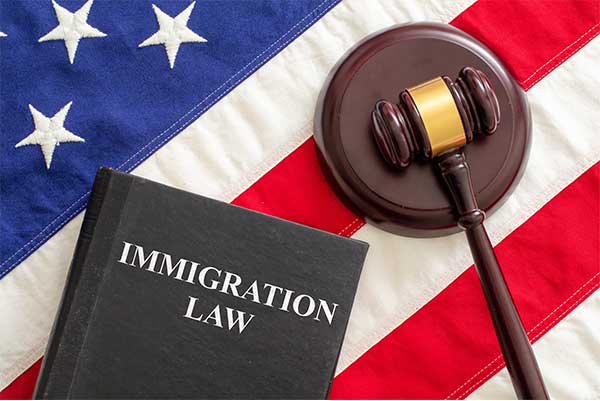CITIZENSHIP
Citizenship
U.S. citizenship gives an immigrant the rights the U.S. has to offer; for example, the right to vote, petition for family members to immigrate, and live abroad without losing your right to return. For these reasons, citizenship is not easily obtained.
To become a U.S. citizen, you must first have a green card (permanent residence) and then meet other requirements, listed below. There are only a few rare exceptions in which a person goes straight from having no U.S. status to getting U.S. citizenship; some are discussed in U.S. Citizenship by Birth or Through Parents.
The Eligibility Criteria
If you are interested in applying for U.S. citizenship, first make sure that all of the following apply to you:
- you have lived in the United States as a lawful permanent resident for at least five years (with exceptions for refugees, people who get their green card through political asylum, spouses of U.S. citizens, and U.S. military personnel)
- you have been physically present in the United States for at least half of the last five years
- you have lived in the district or state where you are filing your application for at least three months
- you have not spent more than a year outside the United States
- you have not made your primary home in another country
- you are at least 18 years old
- you have good moral character
- you are able to speak, read, and write in English
- you are able to pass a test covering U.S. history and government, and
- you are willing to swear that you believe in the principles of the U.S. Constitution and will be loyal to the United States.
Citizenship and Immigration Services (USCIS) will carefully investigate your background. If it discovers a discrepancy — for example, that you fraudulently obtained a green card or abandoned your residency by making your home outside the United States — it can strip you of your green card and send you out of the country.
To obtain citizenship, you must complete a citizenship application and send it in with a copy of your green card, the required photos, and the appropriate fee. After filing your application, it usually takes a few months to process, depending on your local USCIS office. Then you will be assigned a fingerprint appointment, and later an interview appointment.
If your outcome in the interview is favorable, you’ll receive an appointment for your swearing-in ceremony. At that time, you actually become a citizen, and receive a certificate of naturalization to prove it. As a U.S. citizen, you can then petition to have close family members join you in the United States.
Contact the Law Offices Of Michael M. Raheb, P.A. to schedule an interview appointment, and learn about additional instructions.





























